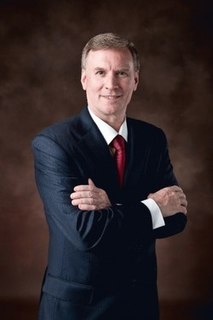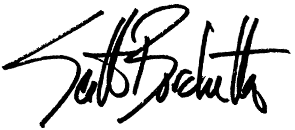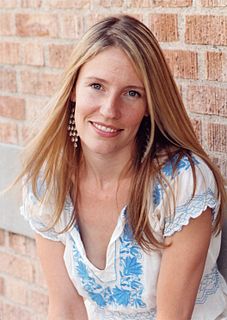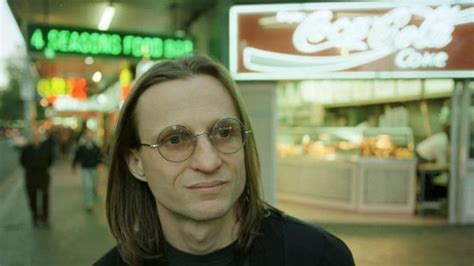A Quote by Wanda Jackson
Related Quotes
I have learned one thing, because I get treated very unfairly, that's what I call it, the fake media. And the fake media is not all of the media. You know some tried to say that the fake media was all the media, no. Sometimes they're fake, but the fake media is only some of the media. It bears no relationship to the truth.
I really am convinced that what is happening in media today is the result of the birth of conservative media and its rapid growth and ascension. It has destroyed the left's monopoly in media. When they had the monopoly, they could pretend that they were not what they are and get away with it. They could pretend to be objective. You know, the power of a monopoly is not just determining what stories you are going to cover, but what you don't cover is just as powerful.
My definition of media? 'Anything which owns attention.' This could be a game or, perhaps, a platform. Ironically, the media tends to associate media with publishing - digital or otherwise - which, in turn, is too narrow a way to consider not only the media but also the reality of the competitive landscape and media-focused innovation.
Yesterday the Soros -funded far left group Media Matters made a big issue of Pat Robertson's idiotic statement that the US should assassinate Venezuelan dictator Hugo Chavez. Today Robertson's comment is all over mainstream media. Are we supposed to think it's news that Robertson has a few screws loose?
I would describe myself as a writer and a student of media. If there's a central idea in media theory, it's to take media as form. It might grow out of philosophical aesthetics or the study of literature and visual art, but the various strands of media theory converge in treating all of those as subsets of the study of media as form.




































